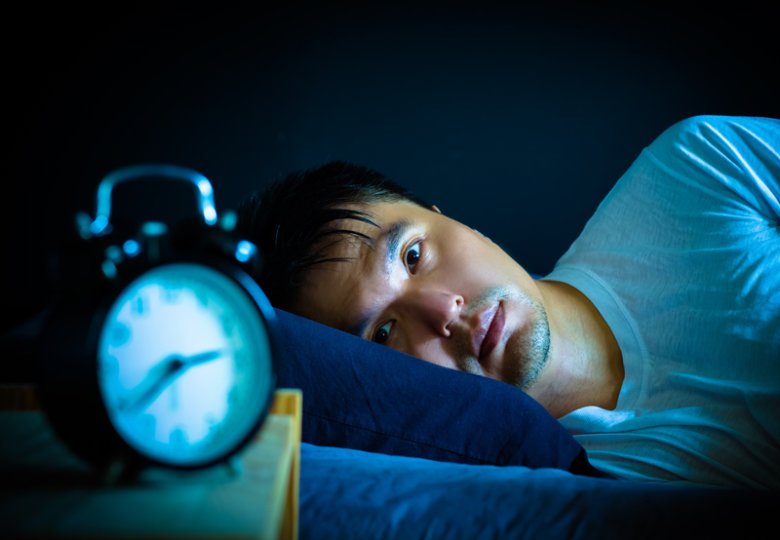Sleep Hygiene: What to Do When You Wake Up at Night

Even for those of us who fall asleep easily on a regular basis, waking up at night can be a dreaded event. At some point in our lives, almost everyone has found themselves staring at the ceiling, watching the clock, wishing for sleep or morning or both. Sometimes there’s a particular event or concern keeping us awake; at other times we may feel wakeful for no apparent reason.
In the closing blog post of my series on sleep hygiene, I’d like to have a look at how to handle these periods of nighttime wakefulness. Even if you’re sticking to a regular sleep schedule, have an expected bedtime routine in place, and go to sleep feeling relaxed and ready to turn in, you may still wake up at night.
How to Handle Nighttime Wakefulness
Don’t panic. Especially if you’ve suffered insomnia in the past, it’s easy to fear that you’ll be up all night, and that concern can become a self-fulfilling prophecy as your mind begins to race. Remember that the average human being wakes up at least twice in a night. Some researchers even think that two sleep periods with a wakeful interval in the night may have been the historical norm. Don’t let your brain run away on the “I’m going to be up ‘til dawn” train.
Relax. This is where having practiced meditation during the day may help your nighttime sleep. If you have familiar techniques at your disposal to calm your mind and relax your body, you may be more able to fall asleep more quickly after waking. Close your eyes and pay attention to your breathing or take yourself through a relaxation exercise by tensing and then relaxing each muscle group in your body one at a time.
Don’t fight it. If you’re awake for more than 20 minutes, get out of bed. Don’t lie awake and stare at the ceiling or fall for the idea that you can “try hard” to get to sleep. Accept the fact that you’re awake, get out of bed, and leave the bedroom. Take a warm bath; read a dull book (no work material, though); have a light midnight snack. Stay away from the television, engaging reading, or work that might keep you awake. Most people find that after 20 minutes or so they can return to bed and fall asleep again.
Change venues. Occasionally, people find themselves more likely to fall asleep again in a guest bedroom or on a couch—the change of location or position seems to facilitate relaxation. This isn’t a good regular habit, since you want to associate your own bed with sleep. But as a last-ditch effort on a particularly wakeful night, this tactic can be worth a try.
Sleep Tight!
Sleep hygiene is no guarantee of a good night’s sleep, but it can certainly improve your odds. Sleep hygiene involves a wide array of practices from daytime stress relief to evening routines to managing nighttime waking. The better care you take of yourself the more likely you are to sleep well, and the better you sleep the better your chances of living a healthy life. Dedicate a little time each day to building positive sleep habits, and you’ll reap the rewards for years to come.
To read the other blogs in this series, click the links: Your Sleep Schedule; Before Bed; What is Sleep Hygiene?
Author Bio: +Michelle Gordon is a sleep expert who researches and writes about sleep and health, and is an online publisher for the latex mattress specialist Latexmattress.org.


